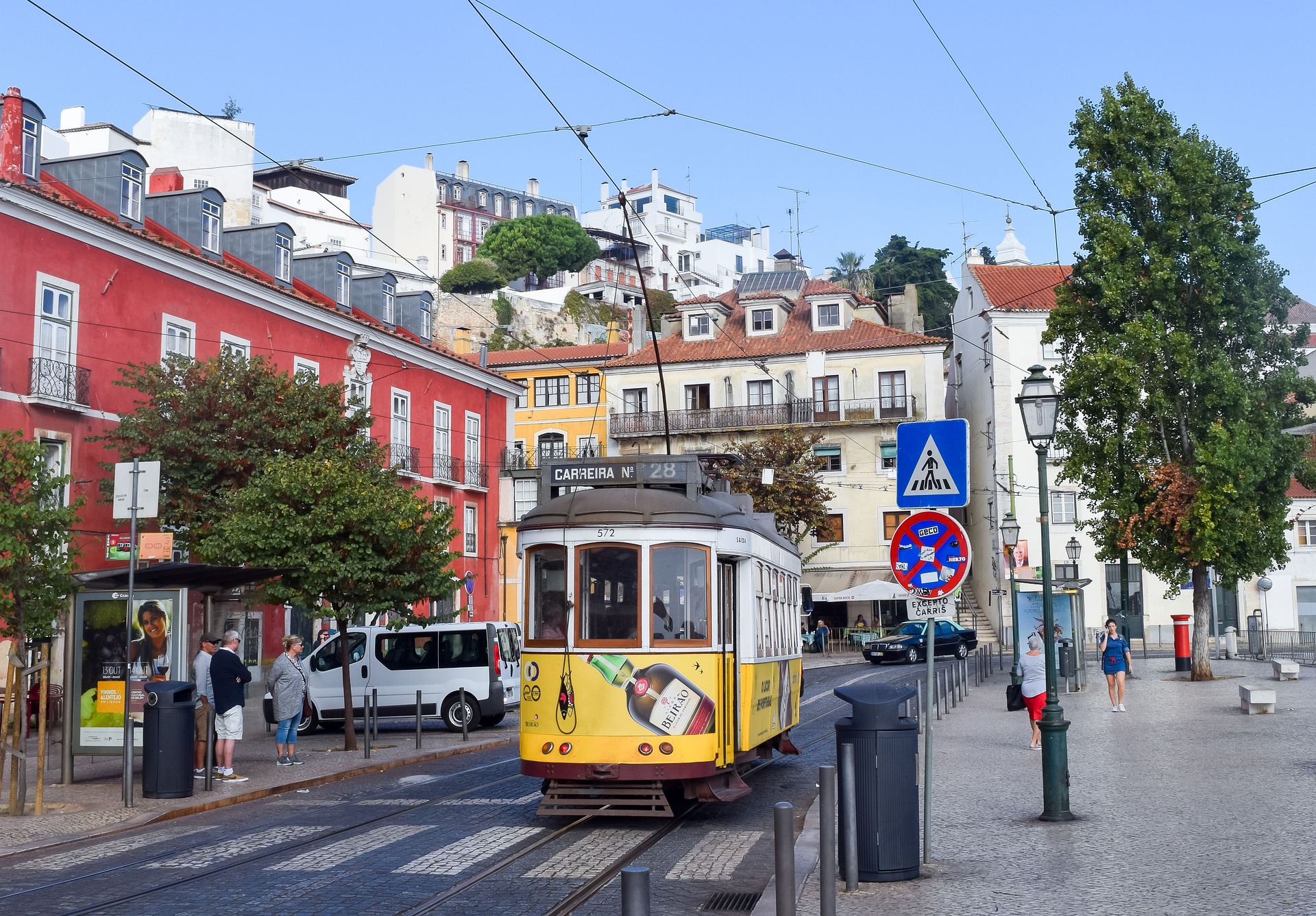Navigating the Future: Smart Cities and Green Transportation
As the world continues to evolve, the concept of smart cities and green transportation has become a hot topic in the travel and transportation industry. This trend is transforming the way we think about travel, making it more eco-friendly, efficient, and convenient. Read below to delve into the fascinating world of smart cities and how green transportation is reshaping our travel experiences.
The Evolution of Cities: The Smart City Concept
In the digital age, the idea of a smart city is revolutionizing urban living. These cities employ cutting-edge technology to enhance the quality of life for their inhabitants and visitors. From intelligent traffic management systems that reduce congestion to interactive digital maps that help tourists navigate unfamiliar streets, smart cities are redefining the urban travel experience. As our cities become more connected, travel and transportation become more efficient, seamless, and enjoyable.
Green Transportation: The Future of Travel
Green transportation systems are an integral part of smart cities. These include electric buses, hybrid taxis, bike-sharing programs, and pedestrian-friendly infrastructure. These systems not only reduce carbon emissions but also provide cost-effective and convenient travel options. For instance, electric buses offer a quieter, cleaner ride, while bike-sharing programs promote physical fitness and allow travelers to explore cities at their own pace.
The Role of AI and IoT in Smart Cities
Artificial Intelligence (AI) and the Internet of Things (IoT) are critical to the functioning of smart cities. AI can analyze vast amounts of data to improve city planning and public transportation schedules. Meanwhile, IoT devices can monitor traffic conditions in real-time, adjusting traffic light sequences to prevent congestion. For travelers, this means less time spent in traffic and more time spent enjoying their destination.
The Impact on Tourism
The rise of smart cities and green transportation is having a significant impact on tourism. Travelers are increasingly drawn to destinations that offer high-tech, eco-friendly travel experiences. Moreover, smart cities can provide personalized recommendations for tourists based on their preferences, enhancing their overall travel experience.
Overcoming Challenges
While the benefits of smart cities and green transportation are undeniable, there are still challenges to overcome. These include high implementation costs, privacy concerns, and the need for infrastructure upgrades. However, as technology continues to advance, these challenges are likely to be addressed, paving the way for a greener, smarter future in travel and transportation.
Useful Tips and Facts: - Consider using public transportation or bike-sharing programs when visiting a smart city to reduce your carbon footprint. - Utilize digital maps and mobile apps for real-time traffic updates and personalized travel recommendations. - Try to be aware of privacy settings when using smart city services to protect your personal information.
Conclusion: The rise of smart cities and green transportation is transforming the world of travel and transportation. As we navigate this exciting landscape, we can look forward to a future that is not only more efficient and convenient but also more sustainable. Whether you’re a city dweller or a tourist, the impact of these changes will undoubtedly be felt, opening up new possibilities for how we live, work, and travel.





